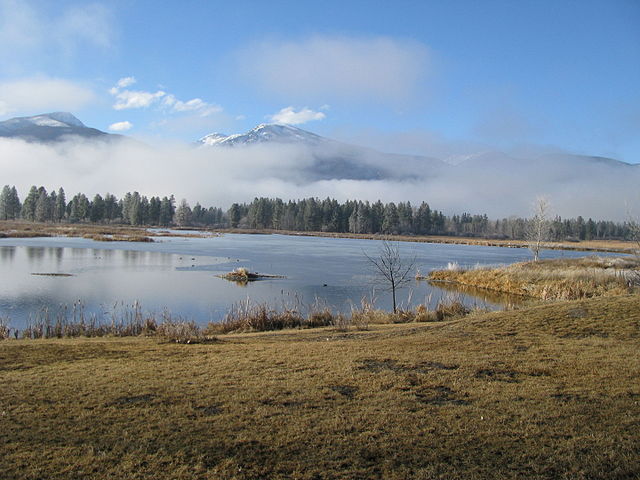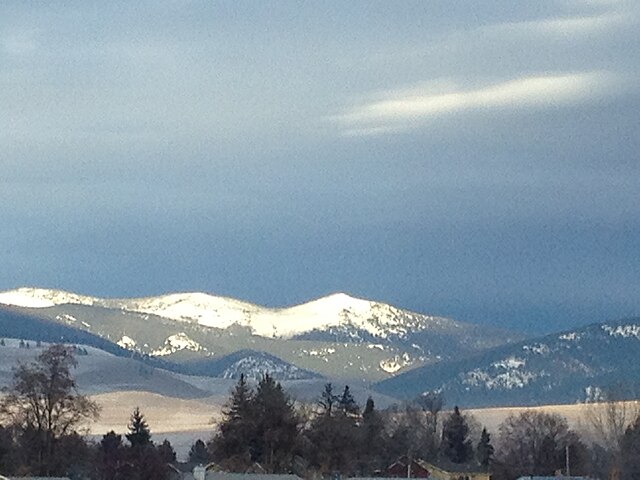
Through the generosity of the late Professor Benedict Anderson and Ajarn Charnvit Kasetsiri, the Thammasat University Library has newly acquired some important books of interest for students of Association of Southeast Asian Nations (ASEAN) studies, political science, literature, and related fields.
They are part of a special bequest of over 2800 books from the personal scholarly library of Professor Benedict Anderson at Cornell University, in addition to the previous donation of books from the library of Professor Anderson at his home in Bangkok. These newly available items will be on the TU Library shelves for the benefit of our students and ajarns. They are shelved in the Charnvit Kasetsiri Room of the Pridi Banomyong Library, Tha Prachan campus.
Among them is a newly acquired book that should be useful to TU students who are interested in American history, sport, sociology, environmental law, and related subjects.
A River Runs Through It and Other Stories is by the American author Norman Maclean.
Students may also view the film version of the book at the Rewat Bhuddinan Media Collection on the Underground 2 level of the Pridi Banomyong Library, Tha Prachan campus.
A River Runs Through It (1992) was directed by Robert Redford and starred Brad Pitt.
Norman Maclean’s 1976 semi-autobiographical novella A River Runs Through It by is set in and around Missoula, Montana, noted for its trout fishing and natural beauty.
Professor Norman Maclean spent his career teaching English at the University of Chicago, the United States of America. He began a literary career only after his retirement.
Among subjects he taught to students included the works of authors such as Geoffrey Chaucer and François Rabelais. Other subjects included the Romantic English poets and William Shakespeare.

In his Acknowledgments section, the author writes:
Although it’s a little book, it took a lot of help to become a book at all. When one doesn’t start out to be an author until he has reached his biblical allotment of three score years and ten, he needs more than his own power. Then, to add further to their literary handicaps, these stories turned out to be Western stories—as one publisher said in returning them, “These stories have trees in them.” It was my children, Jean and John, who started me off. They wanted me to put down in writing some of the stories I had told them when they were young. I don’t want, though, to put the blame on my children for what resulted. As is known to any teller of stories who eventually tries to put a few of them down in writing, the act of writing changes them greatly, so none of these stories closely resembles any story I ever told my children. For one thing, writing makes everything bigger and longer; all these stories are much longer than is needed to achieve one of the primary ends of telling children stories—namely, that of putting children to sleep. However, the stories do give evidence of retaining another of those purposes—that of letting children know what kind of people their parents are or think they are or hope they are. Another problem soon arises after one gets help enough to start writing upon retirement. It arises from the fact that one can get started writing then only by not letting anyone know he has. He is so secret about it that even his own children don’t know he has taken their advice. But being covert makes him suspicious of his own actions, and so he soon stands in need of some sort of public sanction.

The book begins:
In our family, there was no clear line between religion and fly fishing. We lived at the junction of great trout rivers in western Montana, and our father was a Presbyterian minister and a fly fisherman who tied his own flies and taught others. He told us about Christ’s disciples being fishermen, and we were left to assume, as my brother and I did, that all first-class fishermen on the Sea of Galilee were fly fishermen and that John, the favorite, was a dry-fly fisherman. It is true that one day a week was given over wholly to religion. On Sunday mornings my brother, Paul, and I went to Sunday school and then to “morning services” to hear our father preach and in the evenings to Christian Endeavor and afterwards to “evening services” to hear our father preach again. In between on Sunday afternoons we had to study The Westminster Shorter Catechism for an hour and then recite before we could walk the hills with him while he unwound between services. But he never asked us more than the first question in the catechism, “What is the chief end of man?” And we answered together so one of us could carry on if the other forgot, “Man’s chief end is to glorify God, and to enjoy Him forever.” This always seemed to satisfy him, as indeed such a beautiful answer should have, and besides he was anxious to be on the hills where he could restore his soul and be filled again to overflowing for the evening sermon. His chief way of recharging himself was to recite to us from the sermon that was coming, enriched here and there with selections from the most successful passages of his morning sermon. Even so, in a typical week of our childhood Paul and I probably received as many hours of instruction in fly fishing as we did in all other spiritual matters. After my brother and I became good fishermen, we realized that our father was not a great fly caster, but he was accurate and stylish and wore a glove on his casting hand. As he buttoned his glove in preparation to giving us a lesson, he would say, “It is an art that is performed on a four-count rhythm between ten and two o’clock.” As a Scot and a Presbyterian, my father believed that man by nature was a mess and had fallen from an original state of grace. Somehow, I early developed the notion that he had done this by falling from a tree. As for my father, I never knew whether he believed God was a mathematician but he certainly believed God could count and that only by picking up God’s rhythms were we able to regain power and beauty. Unlike many Presbyterians, he often used the word “beautiful.” After he buttoned his glove, he would hold his rod straight out in front of him, where it trembled with the beating of his heart. Although it was eight and a half feet long, it weighed only four and a half ounces. It was made of split bamboo cane from the far-off Bay of Tonkin. It was wrapped with red and blue silk thread, and the wrappings were carefully spaced to make the delicate rod powerful but not so stiff it could not tremble. Always it was to be called a rod. If someone called it a pole, my father looked at him as a sergeant in the United States Marines would look at a recruit who had just called a rifle a gun. My brother and I would have preferred to start learning how to fish by going out and catching a few, omitting entirely anything difficult or technical in the way of preparation that would take away from the fun. But it wasn’t by way of fun that we were introduced to our father’s art. If our father had had his say, nobody who did not know how to fish would be allowed to disgrace a fish by catching him.

(All images courtesy of Wikimedia Commons)
